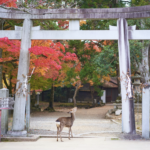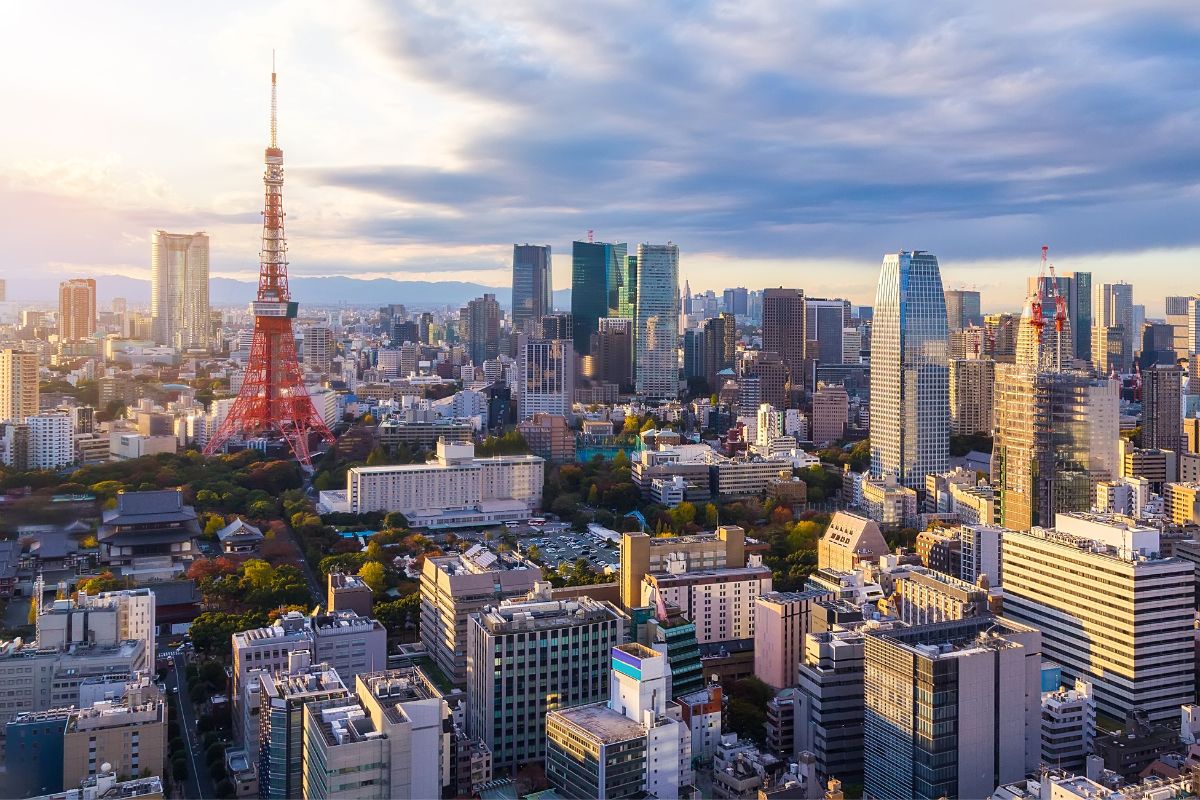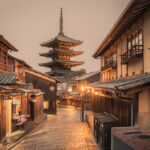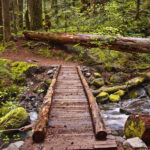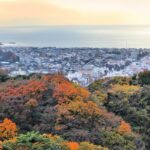Japan, a land known for its rich history, fascinating culture, and stunning landscapes, offers a myriad of experiences that leave one captivated. Among its countless attractions is Tokyo, a bustling metropolis where old meets new in a unique blend that’s hard to replicate anywhere else in the world. Amidst the skyscrapers, neon lights, and the frenetic pace, a visit to the Meiji Jingu Shrine provides a refreshing escape to tranquility, a step back in time, and a look into the heart of Japanese spiritual culture.

The Significance of Meiji Jingu Shrine
Nestled within a verdant forest in the heart of the city, the Meiji Jingu Shrine is a powerful symbol of Japan’s past and its enduring traditions.
It is dedicated to the divine spirits of Emperor Meiji and his consort, Empress Shoken. They played pivotal roles in Japan’s transition from an isolated feudal society to a modern nation-state in the late 19th and early 20th centuries.
Entering the Sacred Space
When you approach the shrine, you’ll be greeted by a massive torii gate made of cypress wood. This signifies your entrance into a sacred space. This towering structure, one of the largest in Japan, marks the boundary between the everyday world and the divine.
As you pass under it, you leave behind the hustle and bustle of Tokyo, entering into a realm of tranquility and spiritual peace.

A Walk Through Nature
A wide gravel path, shaded by a dense canopy of over 100,000 trees, leads you to the main shrine complex. These trees, representing about 365 different species, were donated from regions across the entire country at the time of the shrine’s construction.
The walk itself feels like a meditative experience. The hush of the forest, the rustle of leaves, and the chirping of birds create a peaceful ambiance that soothes the mind and invigorates the soul.
Exploring the Shrine Complex
Arriving at the main shrine complex, you’ll find a number of structures showcasing traditional Japanese Shinto architecture.
The principal buildings include the Honden (main hall), where the spirits of the Emperor and Empress reside. There is also the Noritoden (worship hall), where Shinto rites are conducted.
The simplicity, symmetry, and use of natural materials in the construction of these structures create a harmony that resonates with the surrounding natural beauty.
The Meiji Jingu Treasure House
The shrine is also home to the Meiji Jingu Treasure House, located to the north of the main complex. Here you’ll find the personal belongings of Emperor Meiji and Empress Shoken. This includes historical photographs, the Emperor’s carriage, and various artifacts showcasing their lives and reign. It’s a glimpse into an era of change that shaped Japan’s identity.
The Inner Garden: Yoyogi Gyoen
To the west of the shrine complex, you will find the beautiful Inner Garden, also known as Yoyogi Gyoen. This was a favorite spot of Empress Shoken and now serves as a peaceful retreat for visitors.
The centerpiece of this garden is the Kiyomasa Well, known for its sacred, clear water, and the spectacular iris garden, which bursts into a purple bloom in June.
Experiencing Shinto Traditions
Shinto customs and traditions are integral to a visit to Meiji Jingu. You will notice a purification fountain near the entrance. Here, you cleanse your hands and mouth before entering the shrine, a ritual known as Temizu.
Also, be sure to observe people making offerings, praying, and buying amulets or Ema, small wooden plaques for writing wishes or prayers.
The Hatsumode Tradition
One of the most memorable experiences at the Meiji Jingu Shrine is the year-end tradition called Hatsumode. This is where millions visit to offer their first prayers for the New Year. The shrine is open all night, and the festive atmosphere, combined with the profound sense of spirituality, creates an unforgettable experience.
More Than A Tourist Destination
The Meiji Jingu Shrine is more than just a tourist destination. It’s a journey into the very soul of Japan and its rich cultural tapestry. Consequently, it offers an immersive and captivating encounter with the nation’s history, spirituality, and natural beauty.
Whether you’re a history enthusiast, a spiritual seeker, or just a casual traveler, Meiji Jingu is sure to leave an indelible imprint on your heart.
- Writing & Understanding Haiku Poetry - May 25, 2023
- Shinkansen Bento: A Guide to the Delicious Train Station Box Lunches - May 25, 2023
- What is Takoyaki? - May 25, 2023

